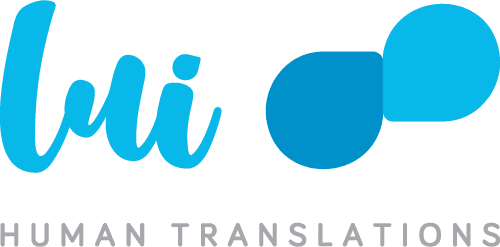In clinical trials, several terms and specific vocabulary are commonly used. Some typical words and phrases are:
Study subject or patient: the person participating in the clinical trial.
Protocol: the detailed plan describing the design and objectives of the clinical trial.
Control group: the group of participants not receiving the experimental treatment and used for comparison.
Treatment group: the participants receiving the experimental treatment under investigation.
Placebo: an inert substance used in some clinical trials as a control, with no therapeutic effect.
Double-blind: used when neither the participants nor the researchers know who is receiving the experimental treatment and who is receiving the placebo.
Side effects: adverse or unwanted reactions associated with the treatment.
Efficacy: the measure of how effective the treatment is in achieving the desired outcomes.
Safety: the assessment of the risks and adverse effects of the treatment.
Inclusion and exclusion criteria: criteria determining who can or cannot participate in the clinical trial.
Informed consent: the process where participants receive detailed information about the study and voluntarily give their approval to participate.
Ethical and regulatory approval: authorization from ethical committees and regulatory agencies to conduct the clinical trial.
Phase I, II, III, and IV: different stages of clinical trial development, each with a specific purpose, from initial evaluation to long-term observation.
Endpoint: the specific outcome used to measure the efficacy of the treatment, such as symptom reduction or survival.
Monitoring: the constant tracking and supervision of the progress and safety of participants in the clinical trial.
Randomized trial: a design where participants are randomly assigned to one of the treatment groups.
Multicenter trial: a clinical trial conducted at multiple locations or medical centers.
These are just a few examples of the vocabulary used in clinical trials. Specific terminology may vary depending on the medical field and the type of study. Therefore, the translation team must be familiar with the vocabulary to translate accurately and precisely. Localization of terminology is key to ensuring clear communication.






